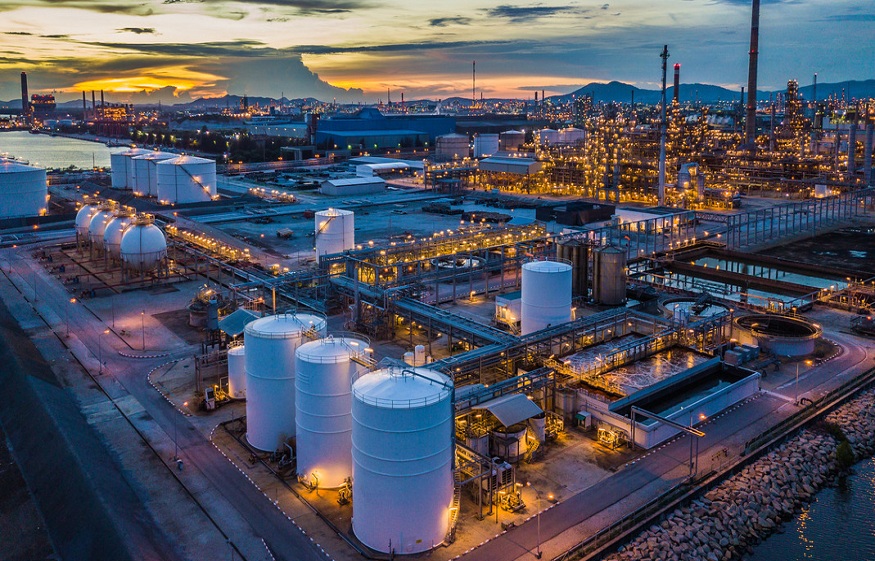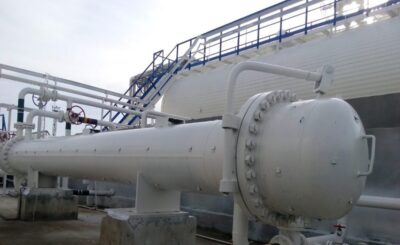Industrial processes really do form the backbone of our modern society. They enable the production of goods and the provision of services that we heavily rely on each day. Behind the scenes, there are a multitude of hidden forces that shape and influence these processes, often operating unnoticed. Understanding these hidden forces is crucial for optimizing operations, enhancing efficiency, and ensuring long-term success.
Unveiling the Hidden Forces
In our quest to comprehend industrial processes fully, it is essential to unravel the often-overlooked hidden forces that shape and mold them. These forces include technological advancements, regulatory frameworks, and the intricacies of supply chain management.
Technological Advancements and Automation
Technological progress is a driving force behind industrial evolution. Advances in automation, robotics, and artificial intelligence have definitely revolutionized the way industries operate today. Automation not only improves efficiency but also enhances safety by minimizing human error and exposure to hazardous environments. It allows for increased precision and accuracy, ensuring higher product quality and reducing wastage.
Regulations and Compliance Requirements
Many regulations and compliance requirements are in place for industrial processes to protect the environment, workers and public health. Adhering to these regulations is crucial not just as a legal requirement but also for maintaining ethical business practices.
Supply Chain Dynamics and Logistical Challenges
The smooth functioning of industrial processes relies heavily on effective supply chain management. The intricate web of suppliers, transportation networks, and inventory management systems directly impacts the flow and efficiency of operations. A breakdown in the supply chain can disrupt production schedules, leading to bottlenecks and resulting in costly delays.
The Importance of Cleanliness in Industrial Processes
One often underestimated factor in the success of industrial processes is cleanliness. Although cleanliness may not immediately come to mind when thinking about industrial operations, its impact cannot be understated. According to the experts at AllProCleaningSystems.com, industrial cleaning plays a very important role in various aspects of industrial processes. These can include efficiency, productivity, safety, equipment functionality, product quality, customer satisfaction, and employee wellbeing.
Efficiency and Productivity
A clean and organized workspace is the foundation for efficient and productive industrial processes. Clutter-free environments allow for easy access to tools and equipment, reducing time wasted searching for items and optimizing workflow.
Safety
The safety of industrial workers depends on keeping the environment clean. A cluttered and dirty workspace can lead to accidents and injuries, posing risks to employees and potentially damaging equipment. Regular cleaning and proper waste management help prevent slips, trips, and falls, reducing the likelihood of workplace accidents.
Equipment Functionality and Longevity
Industrial processes heavily rely on specialized equipment and machinery. Keeping this equipment clean is crucial for maintaining its functionality and extending its lifespan. Dust, dirt, and debris can accumulate on equipment surfaces, clogging mechanisms and impeding proper operation.
Product Quality and Customer Satisfaction
Cleanliness directly impacts the quality of products produced during industrial processes. Contaminants or foreign particles present in the production environment can compromise product integrity, resulting in defects or subpar quality. Implementing rigorous cleanliness protocols helps minimize the presence of contaminants, ensuring consistent product quality and customer satisfaction.
Employee Morale and Wellbeing
When a working environment is clean and well-maintained, it generally tends to have a positive impact on employee morale and wellbeing. A clutter-free and organized workspace fosters a sense of pride and ownership among employees, promoting a positive work culture.
Conclusion
Industrial processes are complex endeavors influenced by a multitude of hidden forces. Understanding and harnessing these forces is vital for optimizing operations and ultimately achieving long-term success. Among these hidden forces, cleanliness stands out as a vital factor that significantly impacts industrial processes. It affects efficiency, productivity, safety, equipment functionality, product quality, customer satisfaction, and employee well-being.






